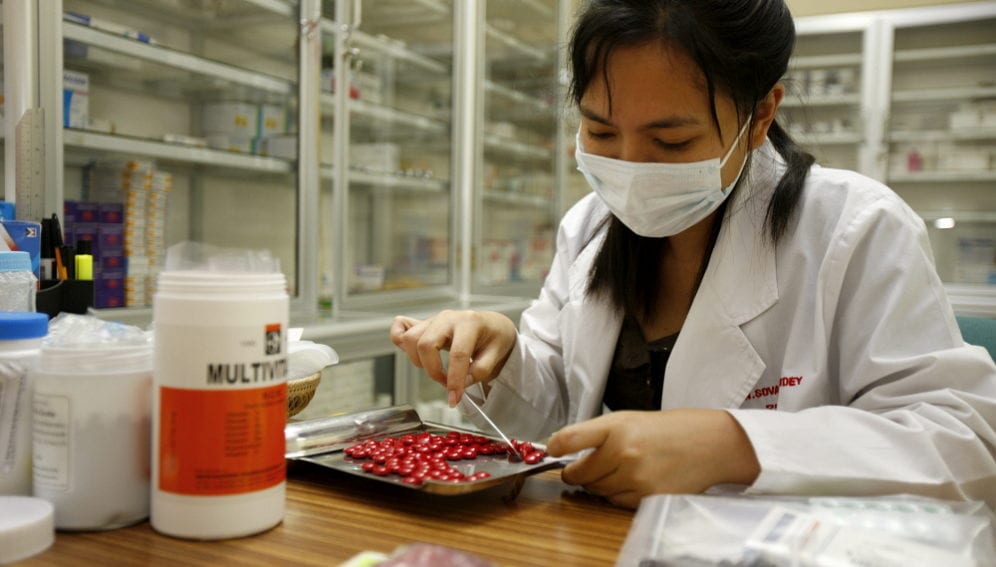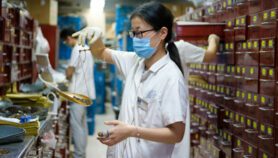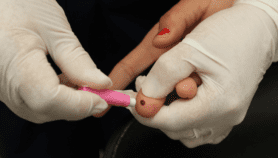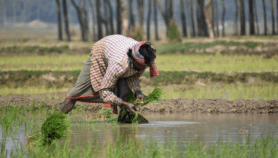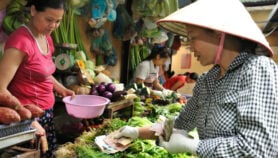By: Paul Icamina
Send to a friend
The details you provide on this page will not be used to send unsolicited email, and will not be sold to a 3rd party. See privacy policy.
Do an online search on “pharmacological researches in the Philippines” and the first items that pop up are those assisted by the Philippine Council for Health Research and Development (PCHRD).
First on the list is a study, “Prevalence of Pulmonary Tuberculosis among Prisoners and Jail Officers”.
In medical studies especially involving human subjects, ethical practices is gaining ground in the Philippines and ethics committee reviews are now becoming a standard practice in the country.
I believe the PCHRD, a leading advocate of ethical research, did due diligence and ensured that the human rights of the study’s subjects cited above were protected. We expect the same from the Philippine Tuberculosis Society, a venerable institution founded in 1910 which conducted the research.
Ethical principles are important, says the WHO, “to protect the dignity, rights and welfare of research participants. As such, all research involving human beings should be reviewed by an ethics committee to ensure that the appropriate ethical standards are being upheld”.
In 2015, the Philippines will be next only to China with the most number of ethical research committees (19) that volunteered themselves for audits by the Forum for Ethical Research Committee in Asia and the Western Pacific Region (FERCAP).
FERCAP is a human research protection programme promoting ethics committees as a standard practice in medical studies.
From 2005 to 2014, FERCAP conducted voluntary audits of ethics committees in the Asia-Pacific, 173 of which have been certified compliant. This year, FERCAP will review compliance in 60 ethics committees in the region.
“The biggest interest in our work comes from China,” said FERCAP coordinator Cristina Torres during the Global Forum on Research and Innovation for Health 2015 held in Manila (24-27 August).
Networking facilitated these audits.
“Networks bring together interested parties,” said Garry Aslanyan, partnerships and governance manager of WHO’s special research and training programme in tropical medicine.
He said it is easier now for research centres to connect with each other “than it was ten years ago in a rapid way probably not seen before in global health research”.
“Different layers of stakeholders make it more vibrant,” added Mary Ann Lansang, chief of the infectious diseases of the state-owned Philippine General Hospital.
This article has been produced by SciDev.Net's South-East Asia & Pacific desk.


